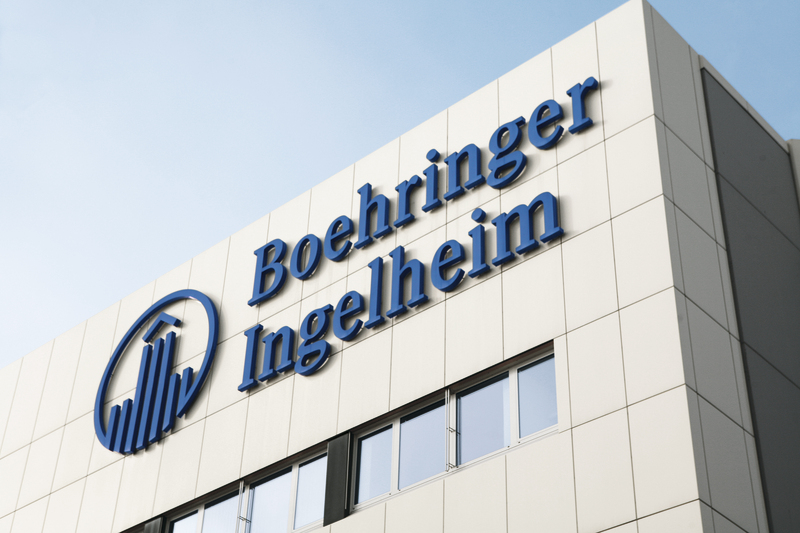COVID-19 drives Boehringer's R&D spend to record level in 2020

Boehringer Ingelheim invested €3.7 billion on R&D last year, the highest spend in its history, as it mobilised its scientists to seek out new therapies for COVID-19.
Not all those efforts have been successful. Boehringer abandoned BI 764198, an inhibitor of TRPC6 in phase 2 for acute respiratory distress syndrome (ARDS) in patients hospitalised for COVID-19 earlier this month.
Its coronavirus pipeline is now headed by an antibody called BI 767551 designed to neutralise the SARS-CoV-2 virus in phase 1/2 that could be ready for regulatory filings by the end of the year.
BI 767551 is the first neutralising antibody for COVID-19 suitable for administration by inhalation, which according to Boehringer could mean higher levels in the lung – where it is needed – than the currently antibodies delivered by infusion from Regeneron, Eli Lilly and others.
It could also make BI 767551 suitable for a broader range of patients, for example those outside hospital settings and for prophylactic use in people at risk of exposure to SARS-CoV-2.
Earlier in development are other antibodies that can be combined with a small-molecule antiviral drug, and a therapy based on the venerable antithrombotic drug alteplase to tackle the small but widespread blood clots that afflict some people with severe COVID-19.
The other side of 2020 for Boehringer was the impact of the pandemic on its medicine sales, although the company managed to keep revenues in positive territory with a 3% increase to €19.57 billion ($23.11 billion), while operating profit rose 22% to €4.62 billion.
The big revenue contributor was diabetes drug Jardiance (empagliflozin), which grew 15% to €2.48 billion thanks to new data showing it can reduce the risk of cardiovascular death in adults with type 2 diabetes who also have cardiovascular disease.
Boehringer and partner Eli Lilly are also hoping for a positive verdict from the FDA soon for Jardiance as a treatment for heart failure, which would give the drug its first indication outside diabetes. They are playing catch-up in heart failure however with AstraZeneca's Farxiga (dapagliflozin), which was cleared for this use last year.
Meanwhile, Boehringer's Ofev (nintedanib) for idiopathic pulmonary fibrosis and other lung diseases grew 41% last year to top €2 billion in sales for the first time, and according to a recent Jefferies report could benefit from use in "long COVID" in the coming years.
"We are pleased with the results we achieved in 2020, considering the challenging conditions we faced," said Michael Schmelmer, director responsible for finance at Boehringer.
"This allows us to continue to invest even more in R&D, as well as in the long-term opportunities we have identified, most notably in the fields of oncology as well as digital and data technologies."












